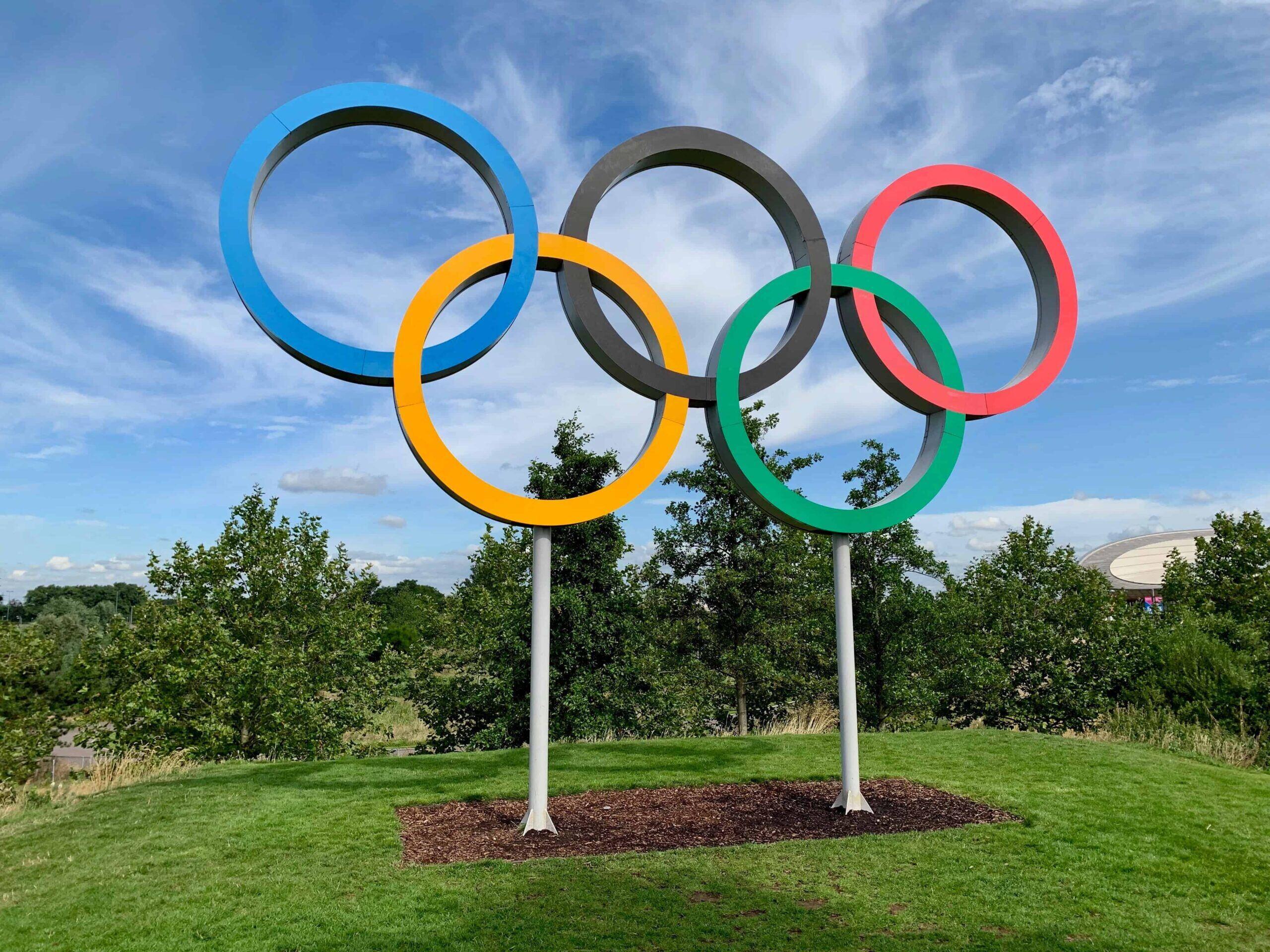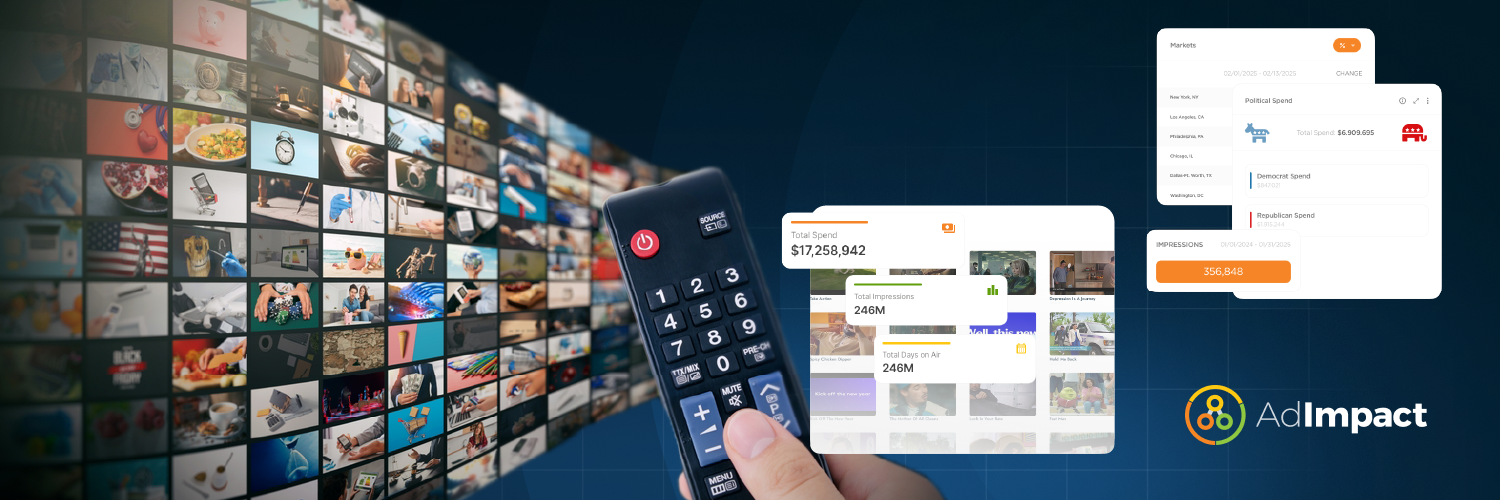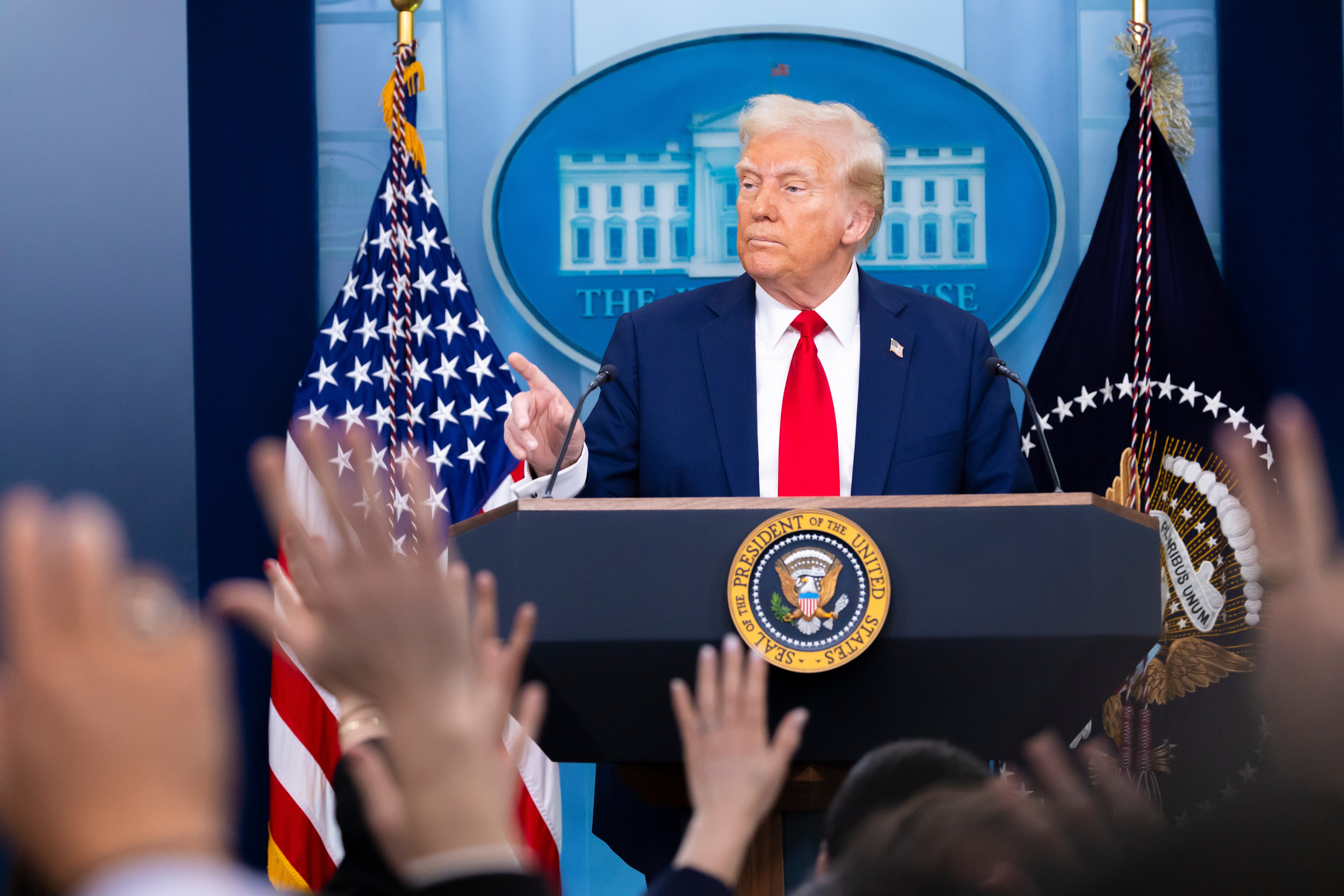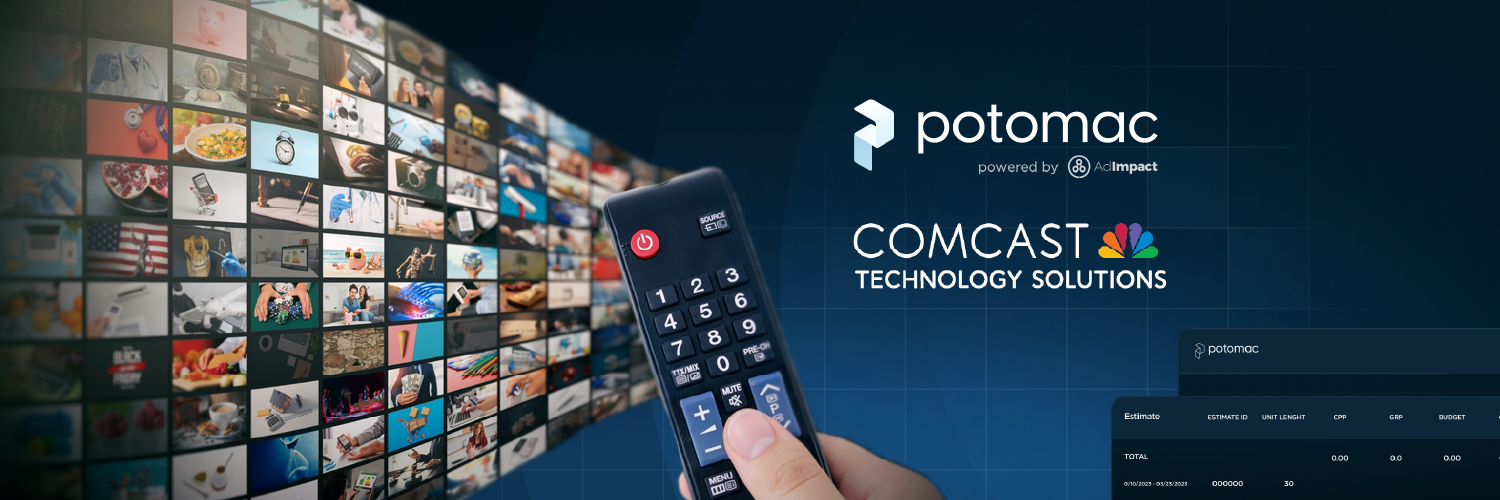With a handful athletes contracting Covid-19, there is a slight possibility the Tokyo Olympic Games don’t happen, which would have major ramifications across the sporting world, including for sponsors of the competition, general brand marketing during the games, and the media companies that sell ad space.
But certain competitions are already underway in Japan, and as such we at AdImpact are monitoring ad trends closely, and assuming the Tokyo 2020 games will kick off with the Opening Ceremony in Tokyo, Japan on Friday, July 23rd.
Olympic Advertising Deep Dive
History of Olympic Advertising
Television coverage has played a vital role in making the Olympic Games and the feats of world-class athletes accessible to the world. Some key events, according to the International Olympic Committee, include the first televised games in Berlin in 1936. Though the broadcast was only available in Berlin. At the 1948 London games, the BBC broadcast 64 hours of live coverage to 500,000+ viewers. The 1964 Tokyo Games were the first to allow overseas viewers a glimpse of the contests with satellite broadcast coverage. Since then, coverage of the games has grown exponentially, with half of the global population tuning in to the 2016 Rio Games from around the world.
With almost four billion people watching, the Olympics offer a massive stage for advertisers and a revenue windfall for broadcasters. Of course, the advent of digital coverage and streaming services has made a huge difference in who can watch the games, but broadcast still plays an important role, particularly when it comes to advertising.
The International Olympic Committee has four levels of sponsorship for the games, the top tier of which are Worldwide Olympic Partners. Brands in this tier are those iconic Olympic brands such as Coca-Cola or Procter and Gamble. Contracts to be a Worldwide Olympic Partner can reportedly cost as much as $500 million for a four year period, but grant exclusivity in a certain category and significant amount of visibility. The 2020 Tokyo Olympics have reportedly attracted the highest level of sponsorship since the 2008 Beijing Games at $1.3 billion.
Olympics Advertising Trends
AdImpact has been tracking Olympic-related brand advertisements via transcription, and it’s clear that the closer we get to the Opening Ceremony in Tokyo, the more brands are mentioning the contest. The below graph shows how the Olympics have become a prominent promotional tool in the last few months. Commercials containing references to the Olympic Games have skyrocketed during July:

But that spike comes nowhere close to the volume of ads we saw during June 2021 when Olympic-related advertising peaked at 29,000 market-level occurrences. The lion’s share of these ads are station promos, with NBC obviously leading the pack as the exclusive broadcaster, but brands and local advertisers make it into the mix, too. In June, the top five non-station advertisers (measured by market-level ad occurrences) were Toyota, University of Maryland Global Campus, Menards, Micro Touch, and SuperBeets.
It makes sense that Toyota was a top advertiser, given that it is one of the key sponsors of this year’s games.
Specific Themes to Watch
Covid-19 Public Service Announcements
Covid-19 very obviously impacted everything about the Olympics, from athlete training schedules to empty stadiums in Japan. Despite the year-long postponement, the 2020 Games in Tokyo will be broadcast in the homes of millions of people later this month. That means money for broadcasters and a captive audience for advertisers. We’ll be watching for advertisements related to the pandemic, whether they thank healthcare workers, promote the return to a more “normal” lifestyle, or urge Americans to get vaccinated.
Many such messages are already on air. The US Department of Health and Human Services is currently airing an ad campaign as part of the “we can do this” push for vaccinations. The creatives center on saying yes to things like being with friends and going on vacation. Since the campaign went on air June 21st, we’ve tracked 15,000 market-level occurrences. Many state health departments have similar ads on air, and we expect that they will continue to push these messages on viewers who tune in to the Olympic Games.
Travel Industry Promotions
The travel industry took a major hit last year due to global lockdowns, and travel-related ads bottomed out. At the lowest in April 2020, we tracked a total of 16,319 market-level occurrences, a more than 92% decrease in the number of airings from February 2020.
But now, as more Americans get vaccinated, we’ve seen a resurgence in advertising from the travel industry, particularly from airlines, hotels, and booking services. Ads from these three categories aired a total of 84,000 times in May, the highest number of market-level occurrences since Covid-19 lockdowns began. Many of these airings were driven by travel booking, which has come roaring back since February 2021.
Of travel booking ads, the top advertisers from the last three months are Expedia, Hotels.com, and Trivago. Expedia made up 28.5% of all market-level travel occurrences in May so we’ll be watching them closely throughout the Games to see if they promote travel around the world. We will also be monitoring any mentions of Japan, though given Covid-19 sensitivities and the current state of emergency, promoted travel to Japan is unlikely.
Automotive Advertiser Activity
Toyota is one of the global sponsors of the Tokyo 2020 Games, so we expect to see a high volume of Toyota ads, particularly at the national level. In April, corporate Toyota ads hit the highest point since January 2020, with 136K airings, though this is still well below 2019 airing totals. After a bit of a dip in May, it looks like Toyota ads were on the upswing in June. It will be interesting to watch the brand’s ad levels throughout the Olympics.
Toyota did just announce it will not be airing ads in Japan in response to the Japanese public’s concerns surrounding the games. We will be monitoring Toyota’s ad activity in the United States to see if there is any relationship between what they do in Japan and what they do here.
How Broadcasters sell Olympic advertising
The Olympic Games are the premier opportunity for broadcasters to sell ad space for a sporting event, even more so than the Super Bowl, Final Four, or any other sporting event. This is because the Games consume viewers across several outlets in broadcast, cable, digital, and now streaming (Advanced TV) over the course of two weeks, and it all airs continuously. NBC has had the rights to both the Summer Olympics & Winter Olympics since 1998 as part of a deal giving the network three consecutive 10-year contracts.
Selling the Olympic advertising space is always done in package form. The goal of the network is to bundle programming with a mix of events to utilize the inventory of the less desirable events. The highest prices are, obviously, reserved for the events with the highest ratings. Prices are then tiered as the events ratings drop. A top-tier Olympic package might include 50 primetime slots per week, and then a mix of other dayparts like Early Morning and Weekend along with some spots in local news on owned and operated stations around the country.
Olympic Athletes Used for Promo
It’s quite common for famous athletes to be used in brand marketing and sponsorship campaigns. Think Chris Paul for State Farm or Shaq for Icy Hot. As this year’s crop of Olympic athletes make their mark on Tokyo and the sporting world, we’ll likely see them in advertising campaigns, particularly household names like Simone Biles or Katie Ledecky. We’ll be watching Tokyo 2020 commercials closely to see which brands these famous athletes have partnered with for the games.









